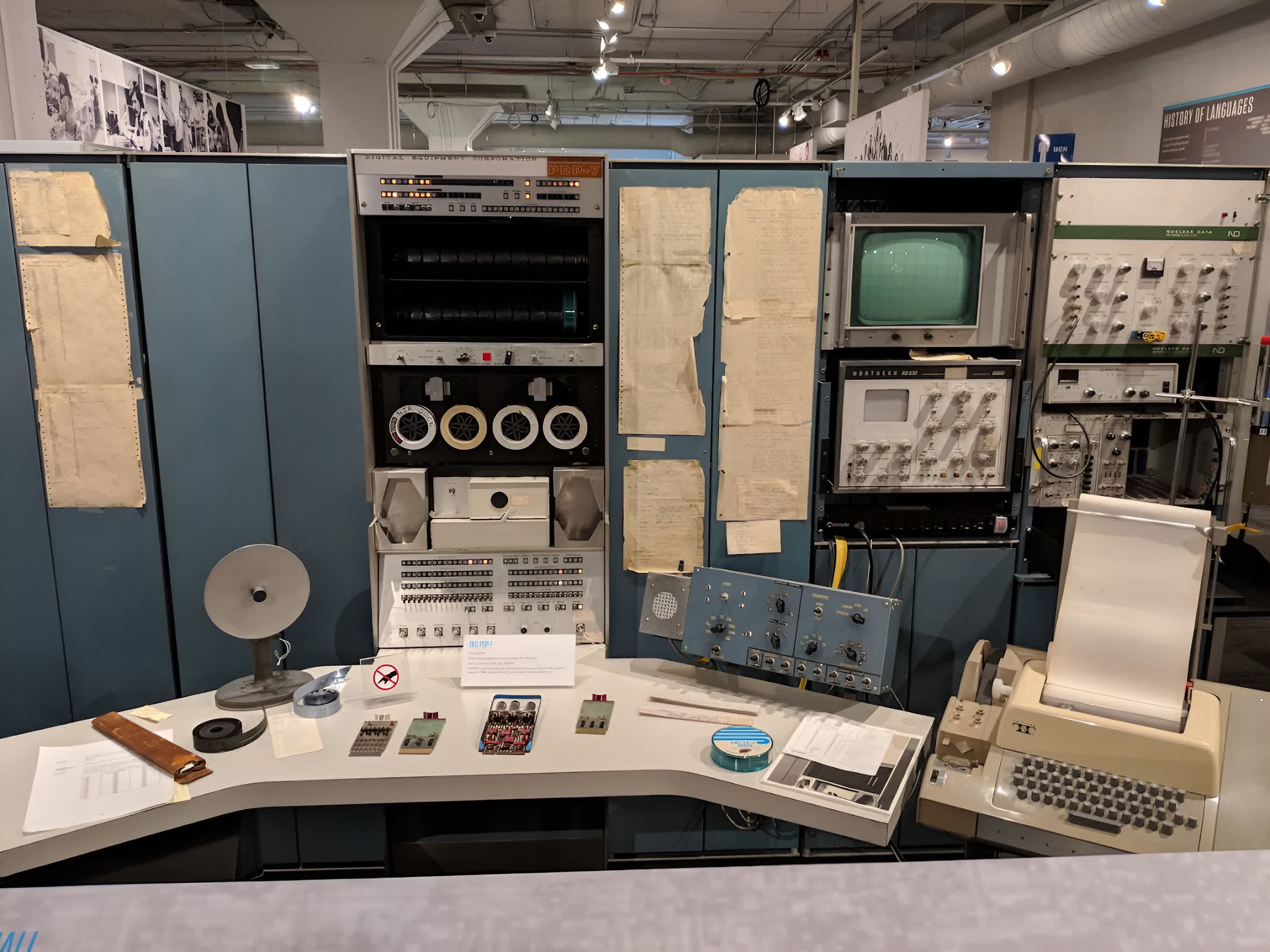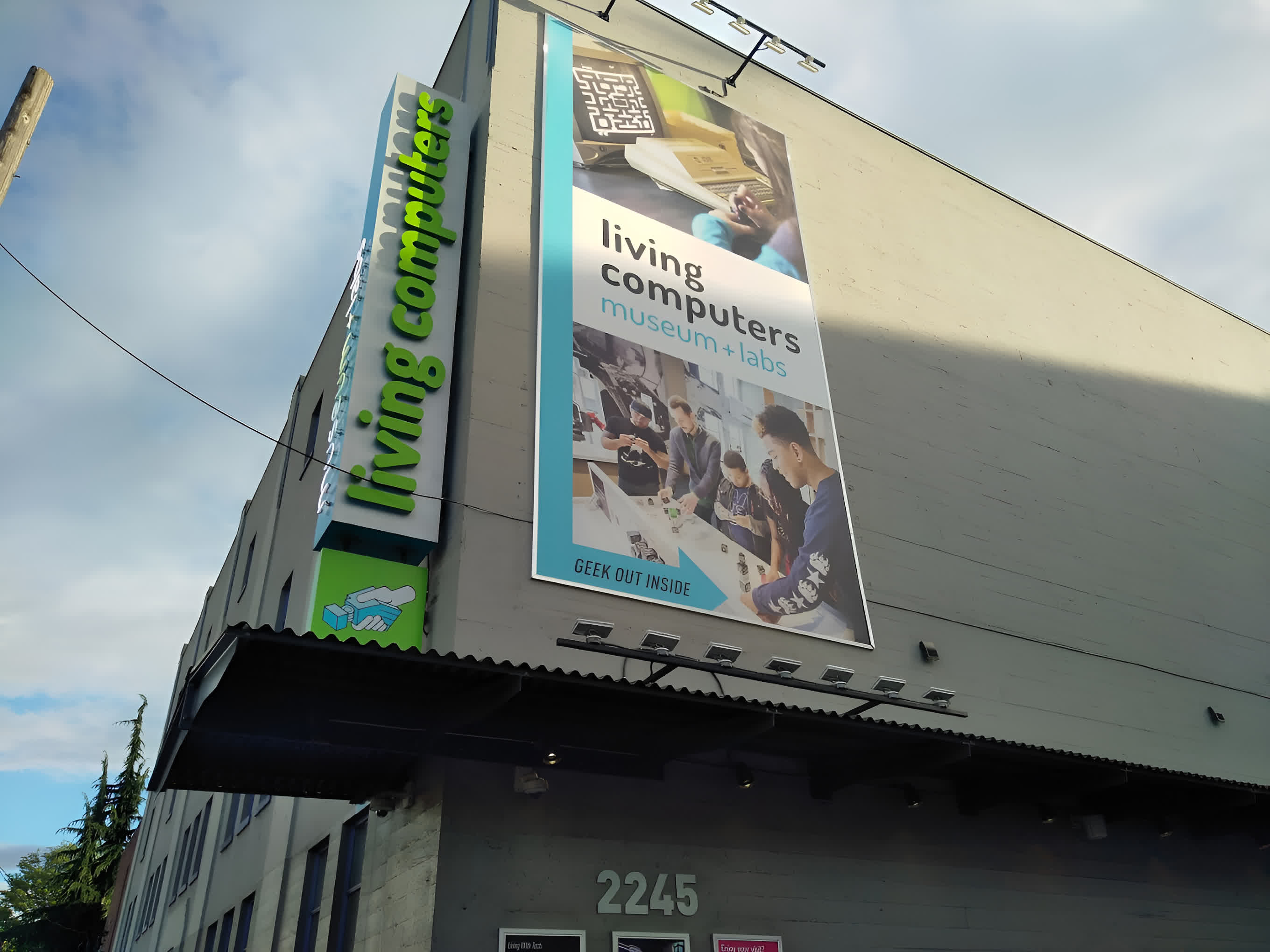In context: The Living Computers Museum in Seattle was the late Microsoft co-founder Paul Allen's passion project, established in 2012 to house his vast collection of vintage machines and scientific memorabilia. In 2016, the museum expanded with exhibits showcasing current technology and added three hands-on computer science learning labs, adopting the new name Living Computers Museum + Labs. Over time, it grew to house the world's largest collection of fully restored and operational supercomputers, mainframes, minicomputers, and microcomputers.
If you were hoping to get another chance to geek out over Paul Allen's incredible collection of vintage computers and tech artifacts, there's some sad news. The Living Computers Museum, which first opened its doors in 2012, is shutting down permanently. The museum initially closed in 2020 when the Covid-19 pandemic hit, but Paul Allen's estate has now confirmed to GeekWire that it won't be reopening.
Not everything is going away, though. The museum's website, with its emulators that let you experience retro operating systems and classic computers like the Commodore 64 and the ultra-rare Apple I, will live on. The SDF Public Access Unix System crew, who are already heavily involved in archiving legacy tech, will take over the website.
As for the physical artifacts, many are being sold off via a special Christie's auction dubbed "Gen One: Innovations from the Paul G. Allen Collection." This sale celebrates "first-generation technologies and the pioneering minds behind them," featuring over 150 lots of rare items.

The marquee pieces include a 1971 Digital Equipment Corporation PDP-10 minicomputer (the same model on which a young Paul Allen and Bill Gates first learned to code), an authentic spacesuit from the first American spacewalk on the Gemini missions, and a 1939 letter from Albert Einstein warning President Roosevelt about the potential for a Nazi nuclear bomb.
The Einstein letter is expected to bring in a cool $4-6 million based on pre-auction estimates. Meanwhile, the 1971 computer is estimated to fetch between $30,000 and $50,000. The other key pieces will also likely generate tens of thousands each.
Allen's incredible collection of pop culture memorabilia, art, and scientific artifacts extended far beyond just the Living Computers holdings. Last year, the Museum of Pop Culture in Seattle acquired major items from his estate, including Kurt Cobain's smashed guitar, Prince's jacket, and classic sci-fi props.
The reasons behind Allen's sister Jody deciding to shutter the museum for good aren't entirely clear. The estate certainly isn't lacking funds, having raised a record-smashing $1.62 billion from an art collection auction in 2022. Nonetheless, the permanent closure marks the end of another chapter in the legacy of this brilliant, eccentric billionaire.
Image credit: mika ka, Gary Wilber
